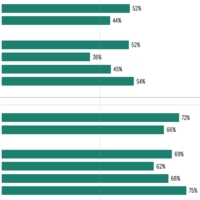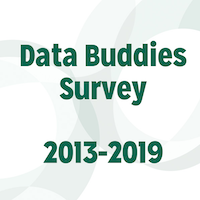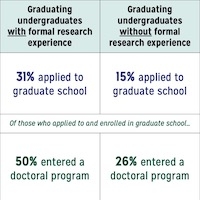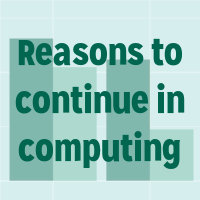CERP Announces Webinar for Data Buddies Survey
The CRA Center for Evaluating the Research Pipeline (CERP) recently published a webinar featuring the Data Buddies Survey (DBS). This webinar details some of the background of the Data Buddies Survey, tips for good response rates, benefits for participating departments, and requirements for participating departments. This webinar is designed for a broad audience, including prospective DBS participants. You can view the webinar by clicking here.
If you would like to volunteer your department to join DBS, you can sign up here.
Email the CERP team with questions or comments at cerp@cra.org.
















